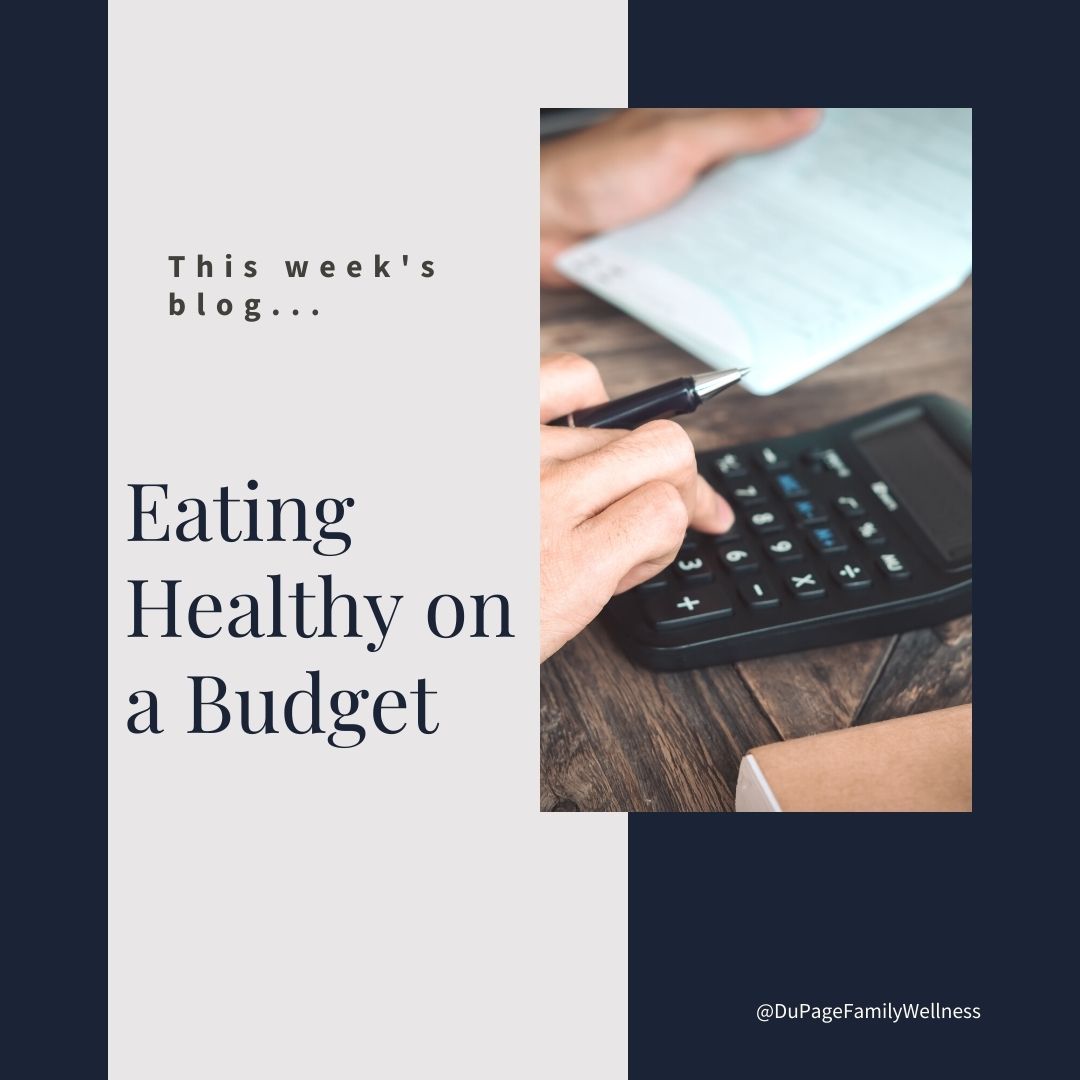 You may want to change your diet, but don’t feel like you can afford it. The cost of everything has gone up; isn’t healthy food even more expensive? Well, not necessarily.
You may want to change your diet, but don’t feel like you can afford it. The cost of everything has gone up; isn’t healthy food even more expensive? Well, not necessarily.
If you have the motivation to start a healthier lifestyle by eating nutrient-dense foods, you may be surprised to find out that it can be affordable. It may take a bit of extra work, but you do have options.
Here are some tips to get you started eating healthy while keeping your grocery bill within your means.
Focus on the Basics
Shop for ingredients that can be used for many types of dishes.
You don’t need all the fancy spices. Salt, fresh garlic, and onion powder are a good start to flavoring your food. If you enjoy ethnic foods, you can get seasoning appropriate for those dishes, but stay away from the expensive spices you’ll only use for one dish.
You will also need some healthy fats. Olive oil, coconut oil, and butter can be used in most dishes. Choose your favorite and use them in everything you make. (Note: Olive oil is intended to be used at low temperatures and is not intended to be used in cooking.)
Next, get some fruits and vegetables. Frozen vegetables are just as nutritious as fresh and can be used in many different dishes. Since they have a long shelf life there will be little food waste. Buying fruit in season and looking on the clearance rack will also keep the cost down.
You could stop there, but if you tolerate starches white potatoes, sweet potatoes, and other root vegetables are inexpensive options.
Buy in Bulk
Buying in bulk can help to keep the cost down. If you are able to invest in a quarter, half, or whole animal directly from a local farmer you can often save a lot of money.
While this is cheaper than buying quality meat in the store, it does take money upfront which can be a concern for many. If this is an issue for you, ask your family or friends to go in on it with you.
Dividing the meat with others requires less money upfront. It will also make it easier to store the meat in your freezer and lower food waste.
Choose Your Battles
It may not be possible for you to buy organic, grass-fed, free-range, local food. So, pick the most important things to focus on.
Some produce is important to buy organic, if possible, while it’s not as important for other varieties. Check out the Environmental Working Group’s Dirty Dozen and Clean Fifteen lists to see where to focus.
Animal products are the same way. You don’t have to feel bad for buying non-grass-fed, non-organic lamb, eggs, and some cheeses. Even canned fish (salmon, skipjack tuna, sardines, and herring) are nutrient-dense foods that aren’t that expensive.
Get the highest quality you can afford, but it’s better to eat non-organic meat and eggs than processed foods. It’s better to eat a conventionally grown kiwi than it is to grab a bag of chips.
If you want to eat healthier, you don’t have to be perfect! Do want you can and know that you are doing your best. I’d love to hear what changes you are making and if you have any tips for saving money along the way.
Dr. Jamie

